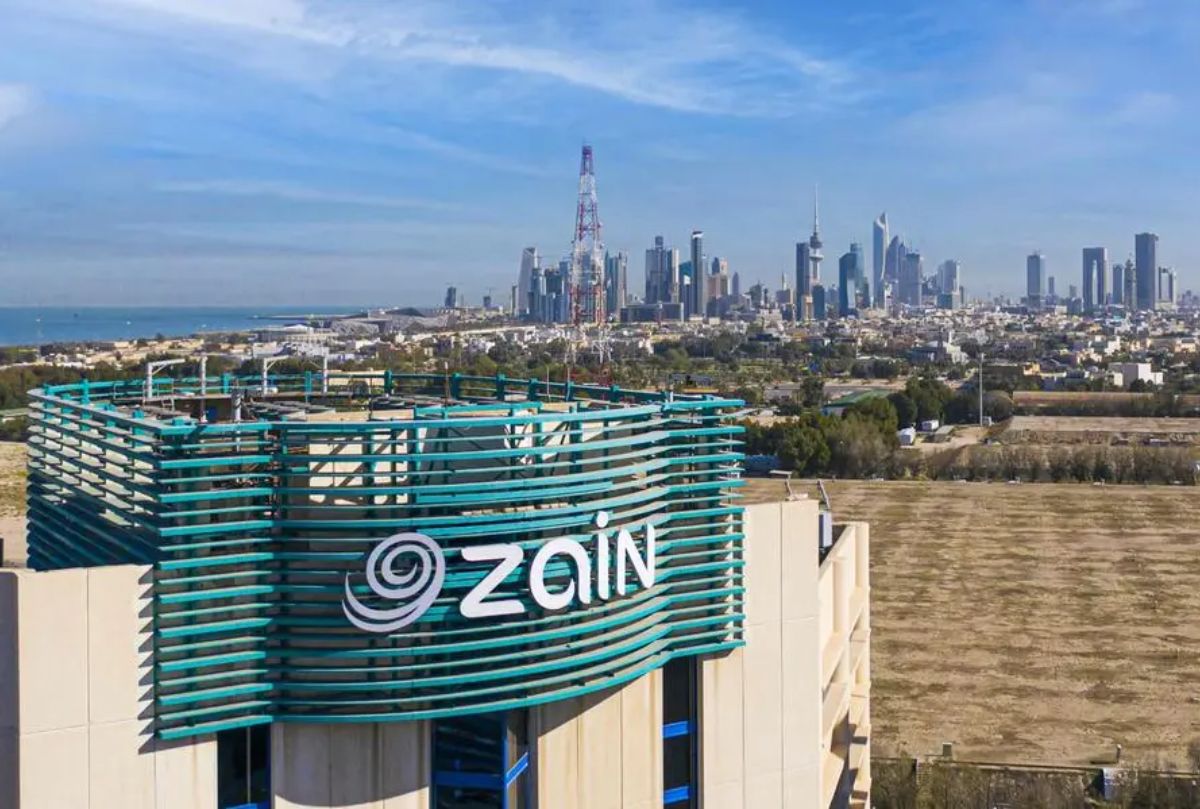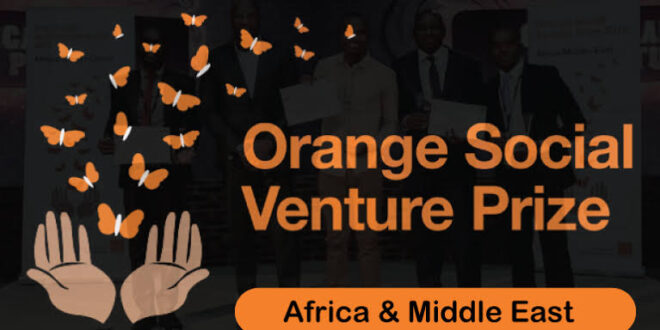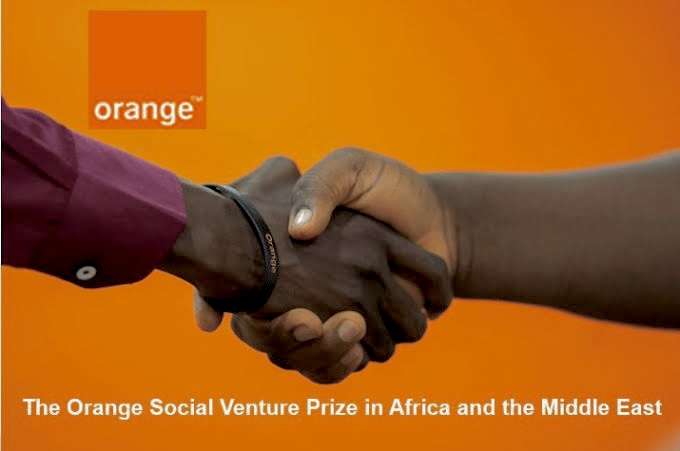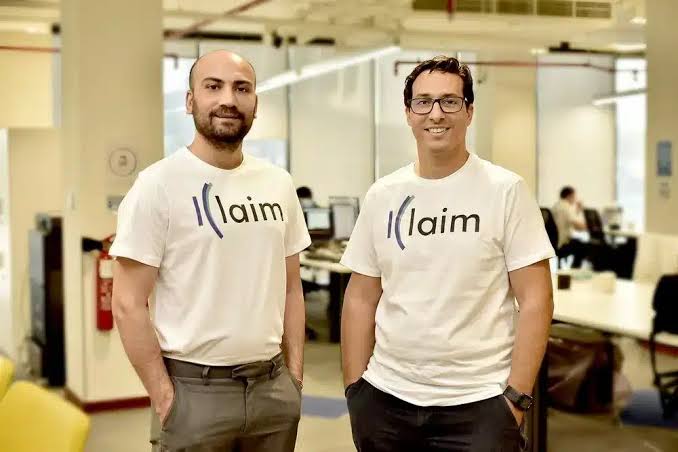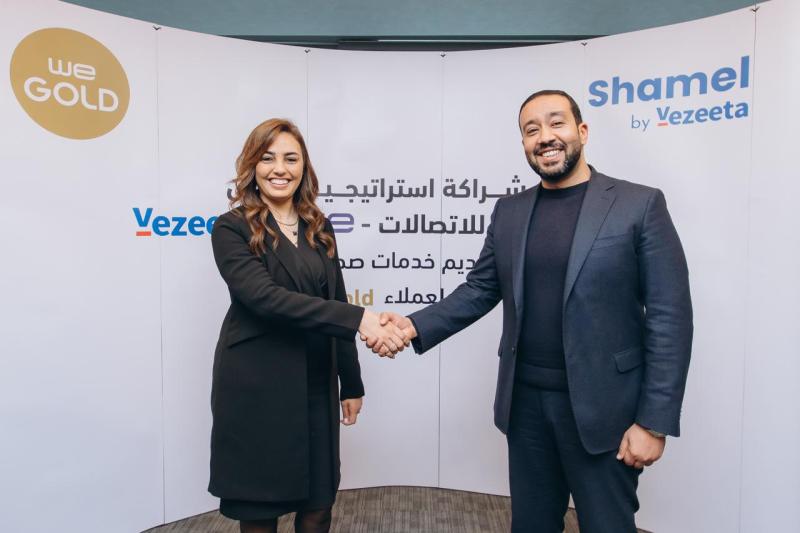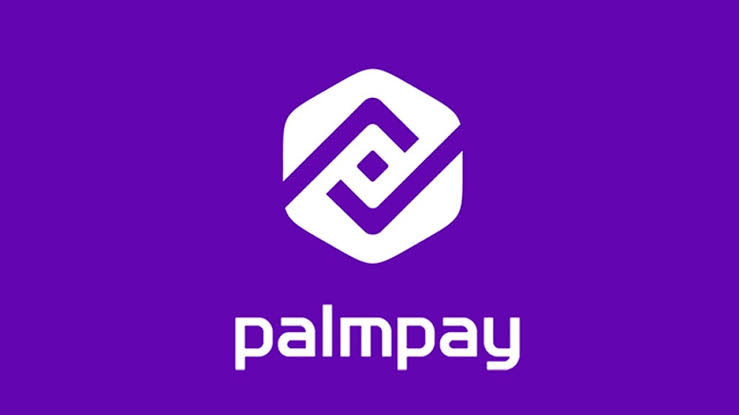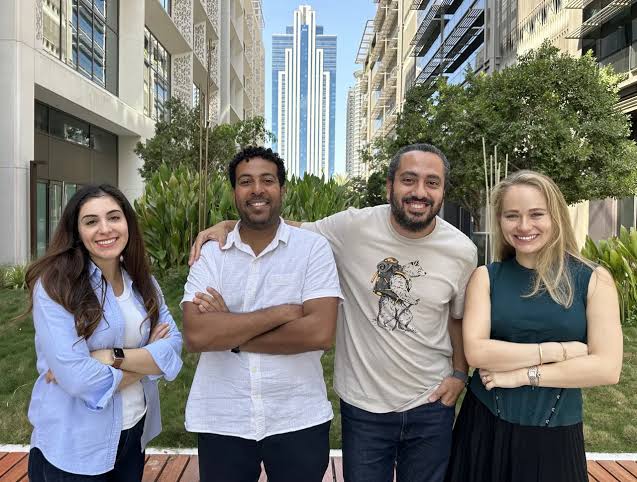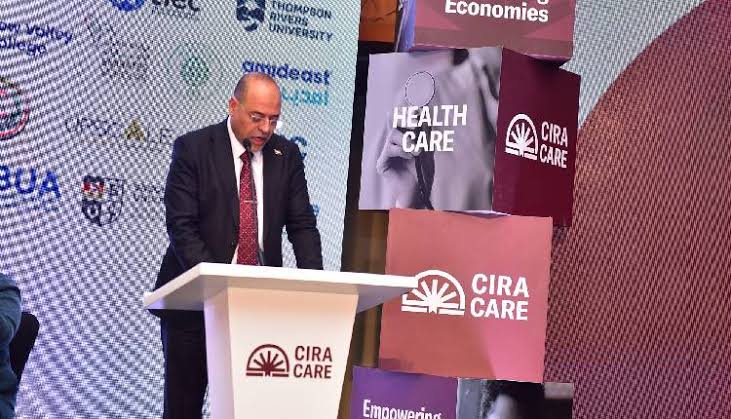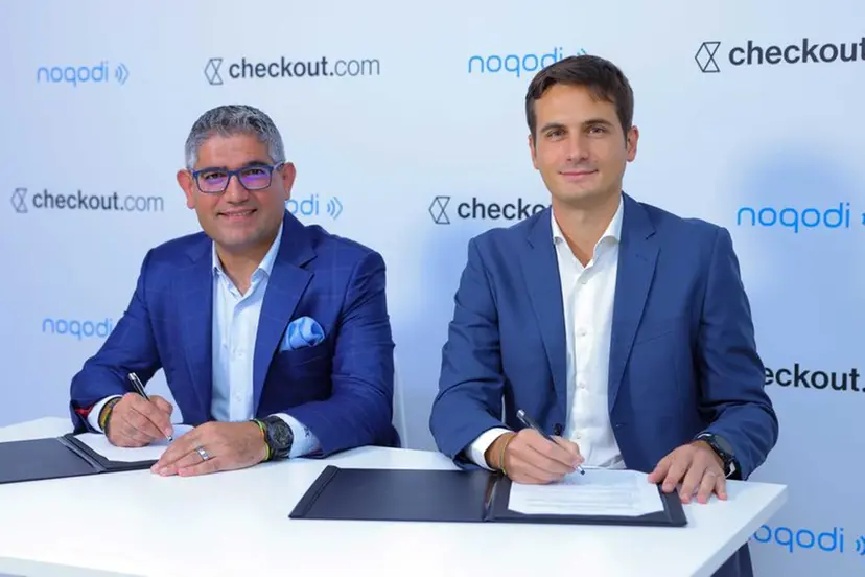Zain Group, a prominent supplier of cutting-edge ICT and digital lifestyle services with operations in eight Middle Eastern and African markets, has unveiled its ground-breaking Global Machine-to-Machine (M2M) Offering.
The company announced on Wednesday that through a single point of integration and contractual agreement, this cutting-edge technology is expected to enable Original Equipment Manufacturers (OEMs) from all over the world to effortlessly integrate their devices into several regional marketplaces.
Read also: ZainTECH, Fortinet partner to bolster cybersecurity in the Middle East
No need for local presence
This innovation eliminates the need to create a local presence while guaranteeing complete compliance with local rules by giving partner OEMs access to all the connections their devices require for the first time in the Middle East.
Zain can provide its clients with cutting-edge connectivity management and control technology, complete self-service, and open integration capabilities thanks to its cooperation with MAVOCO AG, a top supplier of connectivity management solutions.
With Machine-to-Machine (M2M) connection, machines, gadgets, and appliances are wirelessly connected to the internet, turning them into intelligent devices that communicate in real time and create a variety of opportunities for how organisations operate, expand, and satisfy their clientele.
Several million devices are already empowered by Zain throughout its footprint, and the introduction of the Global M2M service will help to boost the number of connected devices in the area.
Zain expresses confidence in the innovation
Kamil Hilali, Zain Group Chief Strategy Officer commented, “The introduction of our Global M2M offering is a strategic move that accompanies the recent launch of Zain’s new 4WARD strategy, capitalising on our strategic footprint and superior connectivity to position Zain as the regional partner of choice. This service addresses the significant challenges faced by OEMs operating in or looking to operate in the region, including compliance with local regulations and high integration costs.”
He added, “By providing a unified solution that ensures compliance and simplifies connectivity across our extensive network, Zain is empowering the connection of global manufacturers to the Middle East. This will boost the pace of digital transformation of enterprises and governments, driving socio-economic growth across the region.”
Hilali concluded, “We are confident of the opportunity to capture a first-mover advantage in the provision of comprehensive, universal connectivity services to OEMs and further solidify Zain’s position as a leader and partner of choice for digital transformation.”
Challenges to be tackled by Zain’s Global M2M Offering
Additionally, Zain’s Global M2M Offering tackles a number of significant issues that the region’s OEMs face.
In places like Saudi Arabia and Oman, where permanent roaming restrictions present major challenges, it guarantees complete regulatory compliance by abiding by local regulations.
By using a single point of connectivity, the solution streamlines integration and does away with the hassle and expense of working with several mobile network operators (MNOs) in several nations.
The international coverage and inexpensive roaming charges offered by the global IMSI-based solution also enable OEMs to avoid setting up local businesses, which lowers operating expenses and legal complications.
By providing a single contractual relationship, the solution further simplifies procedures and allows OEMs to take advantage of their scale without being divided by operator or nation.
Read also: Forbes names 2025 Fintech 50: MENA’s fastest-growing digital financial companies recognised
Zain is targeting a diverse range of market segments
With this launch, Zain is aiming to reach a wide range of market segments that are looking for more intelligent coverage, such as global automakers, manufacturers of industrial equipment, smart meter providers, connected device companies, and businesses engaged in cold supply chain management, international freight, and shipping containers.
Global corporate operations are about to change due to the dynamic nature of M2M services.
According to IOT-Analytics, a top global supplier of market insights and strategic business information for IoT, AI, Cloud, Edge, and Industry 4.0, there are currently about 19 billion physical devices with internet connections; by 2030, that number is predicted to double to 40 billion.
With this cutting-edge product, Zain is set to completely transform M2M connectivity in the Middle East by giving OEMs a smooth, affordable, and legal option for a wide range of connected products.
